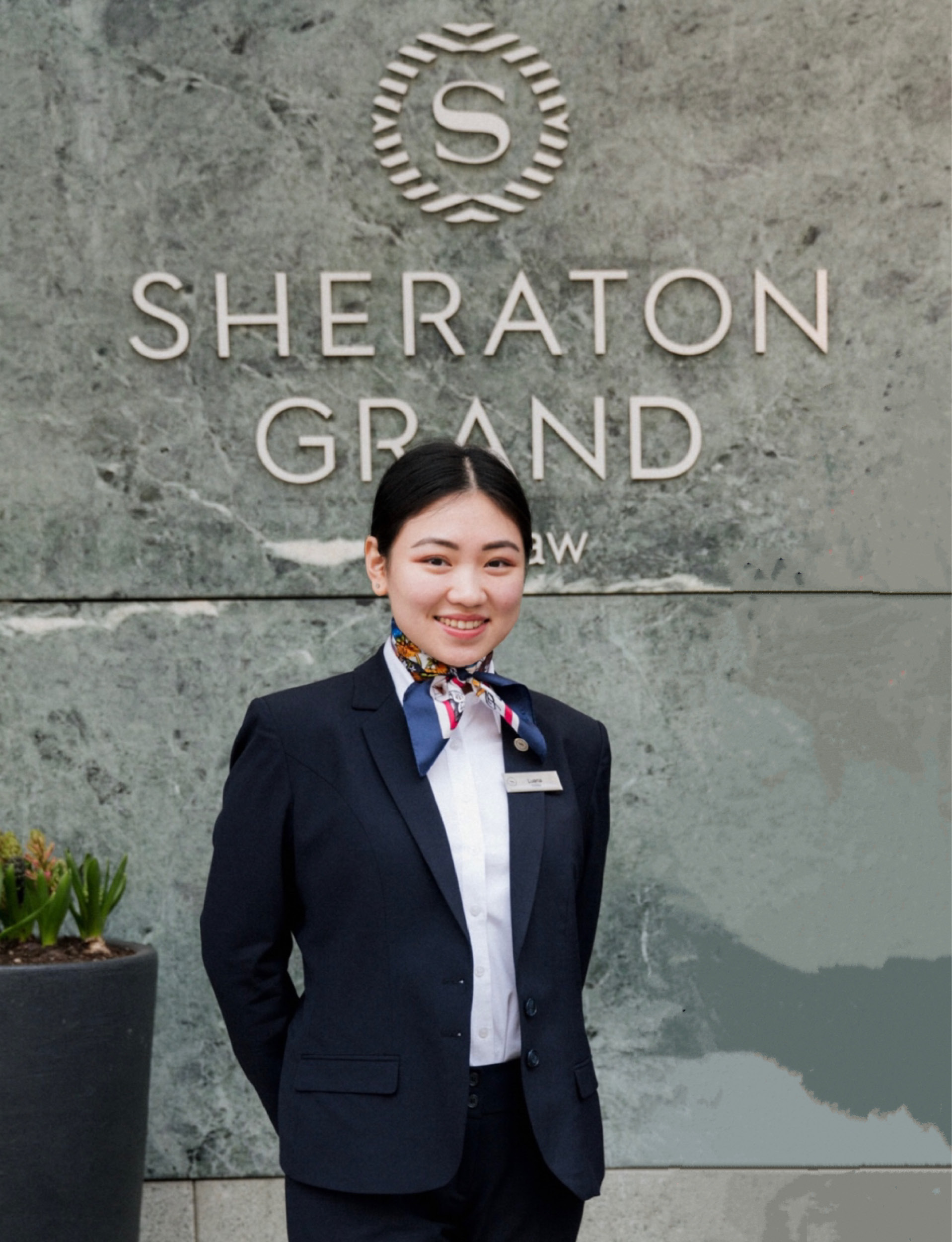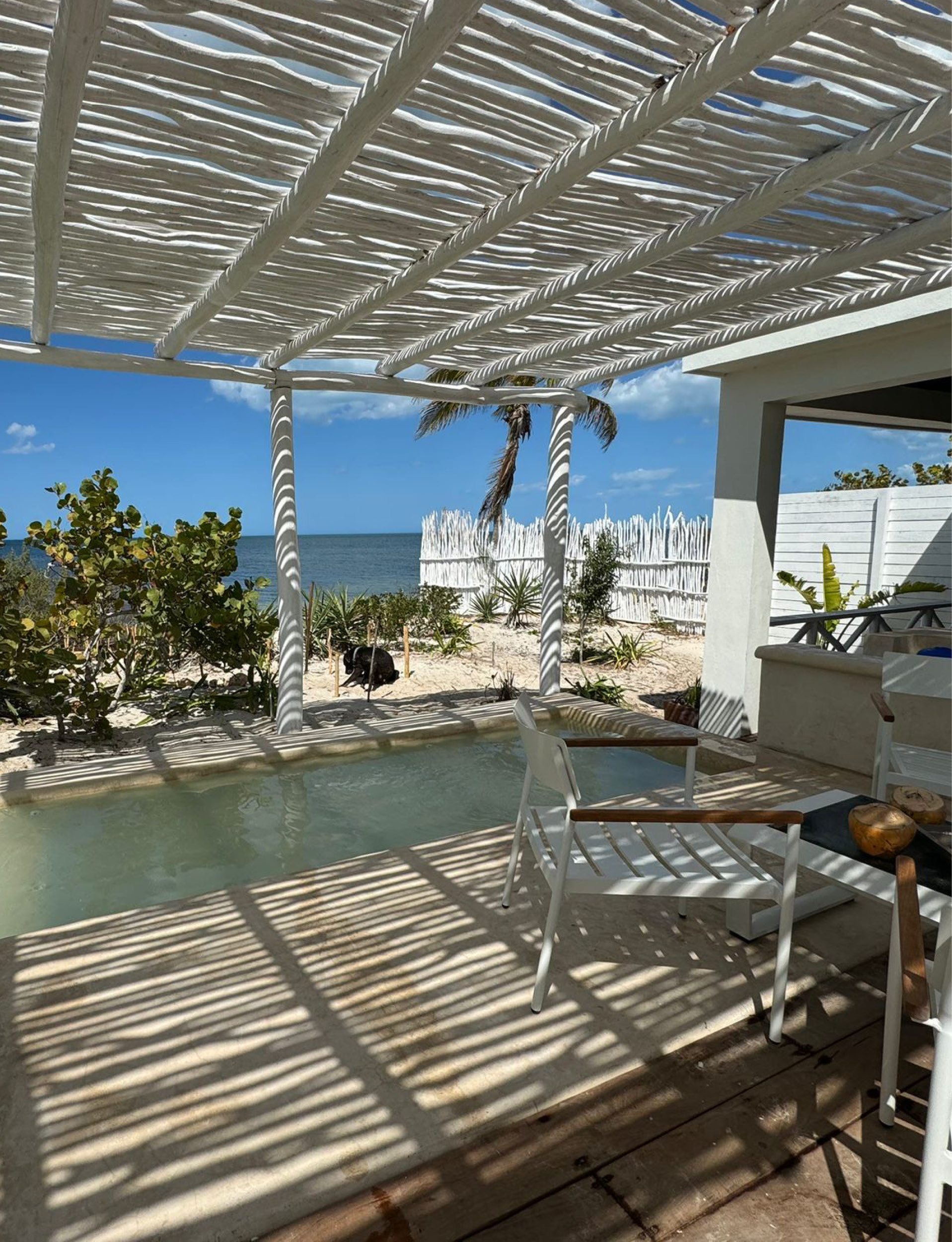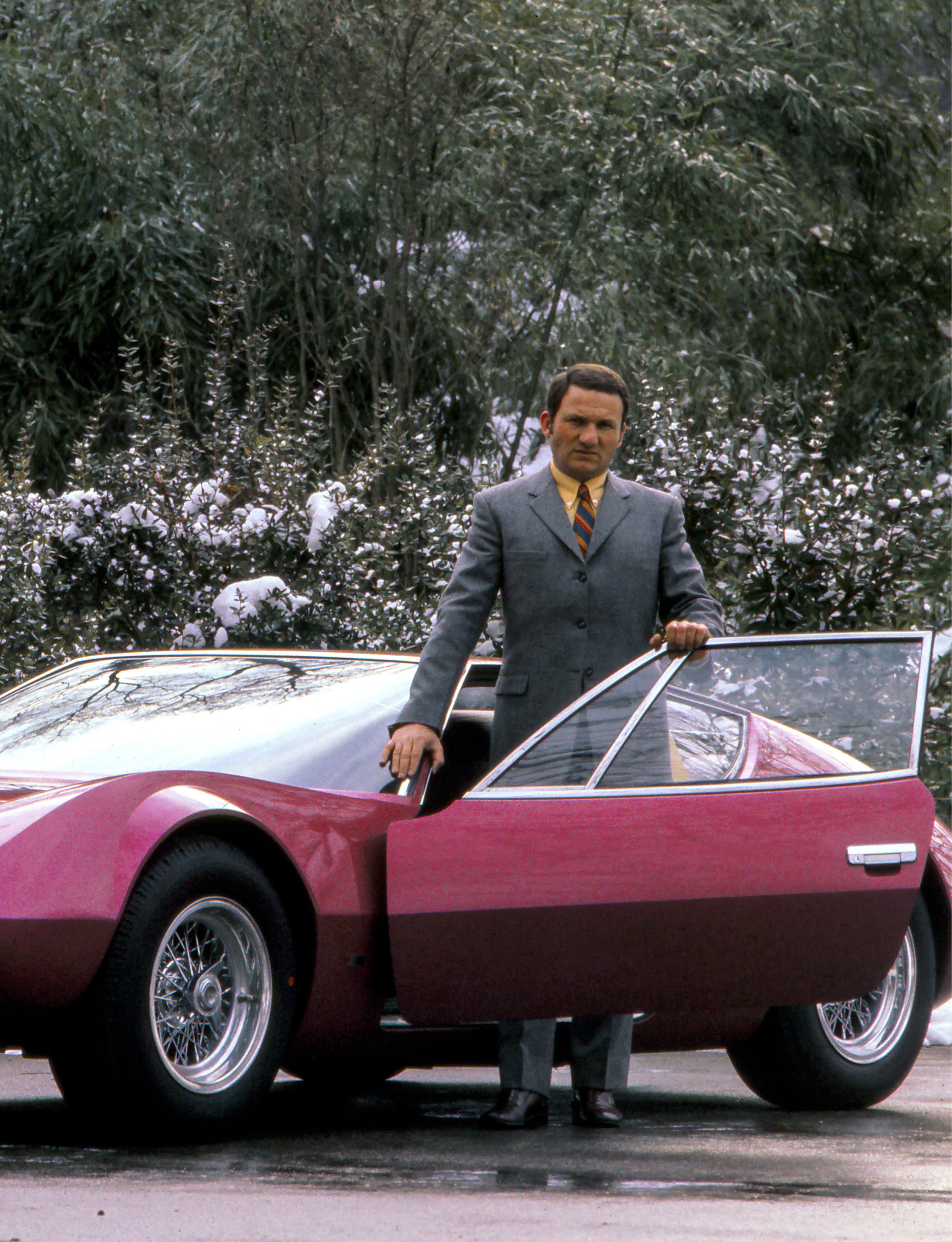


Unveiling elegance: exploring the top 10 luxury brands in the world
Join us on a journey into the realm of luxury, uncovering the allure and significance of the top 10 luxury brands in the world. We’ll also look at how you can start your career in the world of luxury hospitality.
In a world where craftsmanship meets prestige and exclusivity reigns supreme, luxury brands stand as beacons of opulence, elegance, and sophistication. From iconic fashion houses to sought-after beauty products, to legendary hotels and resorts, these brands captivate the imagination and set the standard for refinement across industries.
What are luxury brands?
Luxury brands represent the epitome of exclusivity, craftsmanship, and prestige in the consumer market. While the concept of luxury can vary depending on individual tastes and cultural perceptions, these brands share some common characteristics that set them apart from mainstream brands. Here are some defining traits of these high-end companies:
- Exclusivity: Luxury brands are often associated with rarity and limited availability. They cater to a select clientele who value uniqueness and are willing to pay a premium for exclusive products or experiences.
- Heritage and tradition: Boasting a rich history and heritage that spans generations is a major selling point for popular luxury brands. They may have originated from a family-owned business or have a longstanding reputation for excellence and craftsmanship.
- Superior quality: High-end companies are renowned for their uncompromising commitment to quality and craftsmanship. They use the finest materials, employ skilled artisans, and adhere to meticulous production processes to ensure that every product meets the highest standards of excellence.
- Iconic design: Luxury brands often have iconic designs or signature styles that are instantly recognizable to consumers. These designs may become timeless classics, transcending trends and retaining their appeal for years to come.
- Prestigious image: All these luxury goods companies and high-end services cultivate an aura of prestige and sophistication through strategic branding, marketing, and association with high-profile events, celebrities, or royalty.
- Exceptional service: High-end brands prioritize customer service and strive to create memorable experiences for their clientele. From personalized shopping experiences to attentive concierge services, they go above and beyond to cater to the needs and preferences of their affluent customers.
- Price premium: Prices are always higher for luxury items compared to mass-market brands, reflecting the perceived value of their products or services. This premium is often justified by factors such as superior quality, exclusivity, and prestige.
What is luxury hospitality?
Unlike traditional accommodations, luxury hospitality goes beyond merely providing a place to stay; it strives to create memorable moments and cater to the discerning tastes of affluent travelers seeking unparalleled comfort, exclusivity, and indulgence. As well as the aspects listed above, some key elements that define luxury hospitality are:
- Exquisite design and ambiance: Luxury hotels are often distinguished by their lavish architecture, sophisticated interior design, and attention to detail. From opulent furnishings to stunning panoramic views, every aspect of the property is meticulously curated.
- Culinary excellence: Fine dining plays a central role in luxury hospitality, with world-class restaurants helmed by renowned chefs offering exquisite gastronomic experiences.
- Exclusive amenities and facilities: From state-of-the-art spa and wellness centers to infinity pools, private beaches, and championship golf courses, guests have access to a wealth of recreational activities and leisure pursuits.
- Unforgettable experiences: Whether it’s a private yacht excursion, helicopter tour, or exclusive access to cultural landmarks, guests are invited to embark on bespoke journeys tailored to their interests and desires.
- Attention to detail: From the thread count of the linens to the scent of the toiletries, every aspect of the guest experience is carefully curated to evoke a sense of luxury and refinement.
Luxury hospitality is the peak of the industry, and the standards of service are very high. If you want to work in this kind of business, you should look at studying and working in hospitality to help you fully understand what’s required.
Prepare for a career in luxury
Our courses focus on expert tutoring and real-world experience to help you get ready to manage luxury hospitality brands.
Bachelor’s in luxury business
Significance of luxury brands in the global market:
As the top offerings in their field, high-end companies help to shape consumer behavior, influence trends, and drive economic growth. Here are several key aspects that highlight the importance and role of luxury brands:
- Economic impact: These brands contribute substantially to the global economy through their luxury sales, employment opportunities, and investments. They often represent flagship industries in their respective countries, generating billions of dollars in revenue and supporting countless jobs in manufacturing, retail, hospitality, and related sectors.
- Brand value and prestige: Their iconic logos, impeccable craftsmanship, and rich heritage command admiration and respect from affluent consumers worldwide. Owning or experiencing a luxury brand product or service serves as a symbol of wealth, taste, and social standing, driving demand and building brand loyalty.
- Tourism and destination appeal: Cities renowned for their luxury shopping districts, flagship stores, and iconic hotels become sought-after destinations for affluent travelers seeking luxury experiences and indulgent getaways.
- Innovation and creativity: Whether it’s pioneering new high-quality materials, reinventing classic styles, or collaborating with artists and designers, luxury brands inspire trends and set industry standards that trickle down to mainstream markets. Their commitment to excellence and innovation drives competition and encourages continuous improvement across sectors.
- Sustainable practices and corporate responsibility: In recent years, luxury brands have increasingly embraced sustainability and corporate responsibility as integral components of their brand identity. From ethical sourcing and eco-friendly production methods to philanthropic initiatives and social impact programs, luxury brands are leveraging their influence to drive positive change and contribute to environmental and social sustainability.
Top 10 Luxury brands in the world
From legendary fashion houses to prestigious automobile manufacturers, these brands embody the epitome of excellence, craftsmanship, and prestige, as chosen by Brand Directory, which compares brands from all over the world.
1. Porsche (Automobile)
Porsche stands as a symbol of precision engineering and performance in the automotive realm. With a rich heritage dating back to the early 20th century, Porsche has consistently delivered iconic sports cars that blend speed, agility, and timeless design. Each Porsche vehicle embodies the brand’s commitment to innovation and driving excellence, making it a coveted choice for enthusiasts and racers alike. From the legendary 911 to the versatile Cayenne, Porsche continues to push the boundaries of automotive engineering, ensuring that every ride is an exhilarating experience.
2. Louis Vuitton (Fashion and luxury goods)
Louis Vuitton is a global symbol of luxury, craftsmanship, and savoir-faire. Founded in Paris in 1854, this is one of the most famous luxury fashion brands, renowned for the bold prints on its iconic monogram canvas, timeless leather goods, and fashion-forward designs. With a legacy of innovation and creativity, Louis Vuitton continues to captivate fashion enthusiasts with its sophisticated and aspirational collections.
3. Chanel (Fashion)
Chanel is synonymous with timeless elegance, sophistication, and Parisian chic. This French fashion house was founded by Coco Chanel, and the brand is celebrated for its iconic designs, including the classic Chanel suit, quilted handbags, and little black dress. With its commitment to craftsmanship and innovation, Chanel continues to set the standard for luxury fashion and beauty.
4. Gucci (Fashion)
Gucci is synonymous with opulence, sophistication, and Italian glamor in the fashion world. Established in Florence in 1921, Gucci has become a global powerhouse, renowned for its iconic designs, impeccable craftsmanship, and luxurious materials. From iconic handbags and accessories adorned with the iconic GG logo to ready-to-wear collections that redefine contemporary style, Gucci shows timeless elegance and modern allure. Each Gucci creation is a statement of luxury and prestige, capturing the essence of Italian craftsmanship and heritage.
5. Hermès (Fashion and luxury goods)
Hermès is renowned for its exquisite craftsmanship, timeless designs, and unwavering commitment to quality. From its iconic Birkin and Kelly bags to its luxurious silk scarves and fine leather goods, Hermès products embody understated elegance and sophistication. With a rich heritage spanning over 180 years, Hermès continues to captivate discerning clientele with its timeless allure.
6. Dior (Fashion)
Dior is a trailblazer in the world of haute couture and luxury fashion. Founded by Christian Dior in 1946, the French fashion house has left an indelible mark on the industry with its revolutionary designs and avant-garde aesthetic. From the iconic New Look silhouette to the modern interpretations by Creative Director Maria Grazia Chiuri, Dior continues to push boundaries while staying true to its heritage of elegance and refinement. Each Dior creation is a testament to the brand’s unwavering commitment to craftsmanship, innovation, and timeless style, making it a symbol of sophistication and allure.
7. Cartier (Jewelry)
Cartier is synonymous with luxury, prestige, and timeless elegance in the world of fine jewelry and watchmaking. Founded in Paris in 1847, Cartier has earned a reputation for creating exquisite pieces that transcend time and trends. From iconic designs such as the Cartier Love bracelet and Tank watch to high jewelry collections that showcase exceptional craftsmanship and rare gemstones, Cartier epitomizes the art of luxury. Each Cartier creation is a masterpiece of design and innovation, reflecting the brand’s rich heritage and commitment to excellence.
8. Rolex (Watches)
Rolex is synonymous with precision, performance, and prestige in the world of watches. With a heritage dating back over a century, this is probably the most well-known Swiss luxury watchmaker. Rolex timepieces are renowned for their timeless design, exceptional durability, and technical innovation. From the iconic Submariner to the elegant Datejust, each Rolex watch is a symbol of status and achievement.
9. Tiffany & Co (Jewelry)
Tiffany & Co is a legendary name in the world of fine jewelry and luxury accessories. Established in New York City in 1837, Tiffany & Co has become synonymous with timeless elegance, impeccable craftsmanship, and enduring romance. From the iconic Tiffany Setting engagement ring to the legendary Tiffany Blue Box, everything about the brand evokes a sense of luxury and sophistication that is unmatched. Each Tiffany & Co piece is meticulously crafted to perfection, representing the pinnacle of luxury and style, and capturing the hearts of generations of admirers around the world.
10. Ferrari (Automobile)
Ferrari is a world leader in speed, performance, and automotive excellence. Founded by Enzo Ferrari in 1939, the Italian luxury sports car manufacturer has become synonymous with passion, innovation, and racing success. From iconic models such as the Ferrari 250 GTO to modern-day masterpieces like the LaFerrari, every Ferrari vehicle is a symbol of power, precision, and Italian flair. With a rich racing heritage and a relentless pursuit of perfection, Ferrari continues to push the boundaries of automotive engineering, delivering exhilarating driving experiences that captivate enthusiasts worldwide.
Other luxury brands
Of course, there are plenty of other famous luxury brands, both inside these industries and in other areas such as hospitality. While the ten above are some of the most well-known, other valuable brands to be aware of include:
- Giorgio Armani (Fashion)
- Four Seasons (Hospitality)
- Yves Saint Laurent (Fashion)
- Hugo Boss (Fashion)
- Aman Resorts (Hospitality)
- Estee Lauder (Skincare and fragrance)
- Bottega Veneta (Fashion)
- Omega (Watches)
- Lamborghini (Automobiles)
These are just a few – which brands make your list?
What is it like to work in luxury brands?
Eva-Katalin/ E+ Via Getty Images
Working in the realm of luxury brands offers a unique and rewarding experience characterized by a blend of creativity, exclusivity, and meticulous attention to detail. Let’s look at what it’s like to work in luxury brands:
- Commitment to excellence: Working in luxury brands demands a relentless pursuit of excellence in every aspect of the job. Whether it’s designing couture garments, crafting high-end accessories, or delivering exceptional service in hospitality, employees are expected to uphold the brand’s standards of quality, craftsmanship, and sophistication.
- Passion and creativity: Employees in luxury brands are driven by a passion for creativity and innovation. Whether they’re fashion designers, artisans, engineers, or hospitality professionals, individuals working in luxury brands are encouraged to think outside the box, push boundaries, and create experiences that captivate and inspire discerning clientele.
- Attention to detail: The devil is in the details. From the precision stitching on a handbag to the impeccable presentation of a gourmet meal, every aspect of the customer experience is carefully curated to ensure perfection. Employees are expected to have a keen eye for detail and a commitment to delivering flawless results.
- Client-centric approach: Central to the ethos of luxury brands is a client-centric approach that focuses on personalized service and building meaningful relationships with customers. Whether it’s assisting a client with a bespoke order or anticipating their needs during a hotel stay, employees are trained to go above and beyond to exceed expectations and create memorable experiences.
- Prestige and status: Working in a high-end company often comes with a sense of prestige and status. Employees may have the opportunity to interact with high-profile clientele, attend exclusive events, and be part of a prestigious brand legacy that commands respect and admiration in the industry.
Fast-paced environment: Trends evolve rapidly and consumer preferences are constantly shifting. Employees must be adaptable, proactive, and able to thrive in a high-pressure environment where excellence is expected at every turn. - Continuous learning and growth: Whether it’s through training programs, mentorship initiatives, or exposure to diverse projects, employees have the chance to expand their skills, broaden their horizons, and pursue their passions within the luxury industry.
How to start a career in luxury hospitality
Entering the world of luxury hospitality requires a combination of passion, dedication, and specialized skills. Here are steps to kickstart your career in this prestigious industry.
Pursue a hospitality degree
Consider obtaining a degree in hospitality management or a related field from a reputable institution. A formal education provides a solid foundation in hospitality principles, business management, and customer service techniques essential for success in the luxury hospitality sector.
Elevate your career
Learn about luxury management and get hands-on internships to help you get ahead in the world of high-end hospitality.
masters in luxury brand management
Gain relevant experience
Seek opportunities to gain practical experience in the hospitality industry through internships, part-time jobs, or volunteer work. Look for positions at luxury hotels, resorts, or fine dining establishments where you can learn firsthand about the intricacies of delivering exceptional service and catering to high-end clientele.
Develop specialized skills
Cultivate skills that are highly valued in luxury hospitality, such as attention to detail, interpersonal communication, problem-solving, and cultural sensitivity. Take advantage of training programs, workshops, and certifications to improve your expertise and stand out as a qualified candidate.
Network and build relationships
Networking is key to advancing your career in luxury hospitality. Attend a wide range of industry events, conferences, and professional networking mixers to connect with industry professionals, recruiters, and potential mentors. Building relationships with key players in the industry can open doors to exciting career opportunities and valuable insights.
Research and target luxury brands
Familiarize yourself with leading luxury hospitality brands and their unique offerings, values, and become knowledgeable about the market for luxury brands. Research job opportunities within these brands and tailor your application materials to showcase how your skills and experience align with their specific requirements and brand ethos.
Conclusion
From iconic fashion houses to legendary automobile manufacturers, each of these top 10 luxury brands in the world represents the pinnacle of craftsmanship, prestige, and exclusivity. As symbols of aspiration and refinement, these brands continue to captivate discerning consumers worldwide, setting the standard for excellence and shaping the landscape of the luxury markets.
Whether it’s the allure of Chanel’s timeless designs, the sophistication of Four Seasons’ hospitality, or the prestige of Rolls-Royce’s automobiles, the enduring legacy of these brands serves as a testament to the enduring allure of luxury and the pursuit of perfection. If you want to work in any of these luxury businesses, getting a suitable qualification and hands-on experience can help. For high-end careers in luxury hotels, resorts, restaurants, and more, consider getting a degree at a renowned hospitality school such as Glion.
Main Photo Credit:
Thomas Barwick/ DigitalVision Via Getty Images

















